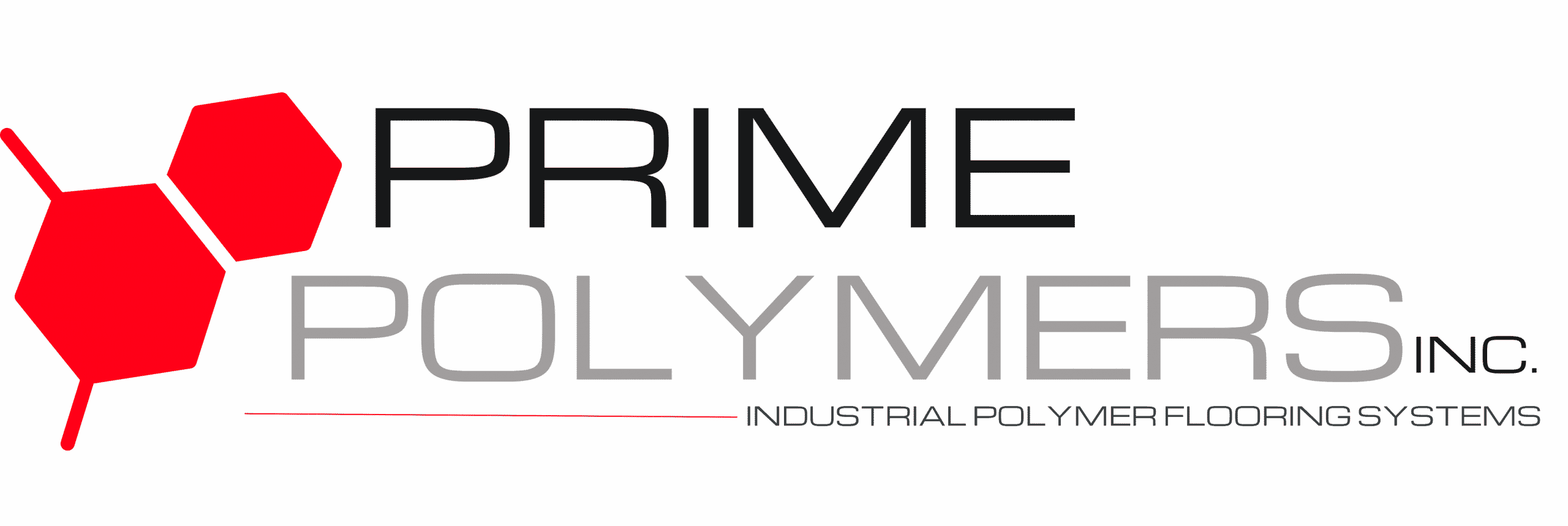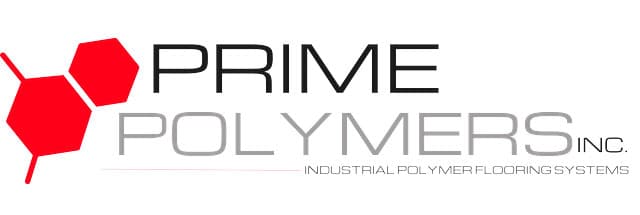High Temperature Epoxy Novolac
Brute-Chem Epoxy Novolac Flexible High Temperature (ENFHT)
Brute-Chem ENFHT is a high solid, low VOC epoxy novolac coating that is formulated for high chemical resistance, high temperature resistance and is flexible to help bridge cracks. The Brute-Chem ENFHT offers excellent wear ability, high gloss, good gloss retention, excellent chemical resistance, excellent impact resistance and good crack bridging. It can be applied clear or pigmented.
The Brute-Chem ENFHT was formulated to be used as a Primer and topcoat system.
System may be applied neat to obtain the highest elongation and crack bridging. For high temperature flooring applications, the materials should be applied clear as a primer at 10 mils, then 14 mils applied with a saturation broadcast and then 14 mils to seal the broadcast. This will provide the highest temperature resistance. ENFHT will withstand 250°F dry or 170°F wet. Chemical resistance should be tested at this temperature for each situation use/distribution.
Flooring Damage From Extreme Temperatures
Industrial flooring can be made from various materials, including concrete, vinyl, and other specialized materials designed to withstand exposure to high heat and withstand temperatures. When something with a high temperature, such as molten metal or welding sparks, comes into contact with industrial flooring, various types of damage can occur:
Thermal Shock
The most immediate and severe damage that can occur is thermal shock. When a hot object is placed on a relatively cold industrial floor, the rapid temperature change can cause the floor material to expand or contract quickly and unevenly. This can lead to cracking, spalling (surface flaking), or delamination (separation of layers) of the flooring material. High temperature epoxy flooring is a great option.
Weakening of Structural Integrity
High temperatures can weaken the structural integrity of industrial flooring materials, especially if they are not designed with low viscosity and high durability to withstand extreme heat. This can lead to sagging, warping, or deformation of the floor, which can create safety hazards and reduce the floor’s load-bearing capacity.
Chemical Reaction
Some industrial flooring materials are sensitive to chemical reactions caused by high heat and grease exposure. Exposure to high heat and grease can lead to chemical changes in the resin-based flooring material, potentially causing it to degrade or become more brittle.
Discoloration
High-temperature objects or substances, such as grease, can also cause discoloration of the flooring surface. This may not necessarily affect the structural integrity of the floor but can make it less visually appealing.
Burn Marks
Extremely hot objects, such as molten metal or welding sparks, can leave burn marks on the surface of industrial flooring. These marks can be very difficult to remove, and may be permanent.
Material Specific Damage
Different types of industrial flooring materials have varying tolerance levels for high heat. For example, epoxy resin and low viscosity flooring systems can be particularly sensitive to heat and grease exposure, as they are typically one component materials. They may blister or soften when exposed to high temperatures. Concrete, on the other hand, has better heat resistance but can still crack or spall if subjected to rapid temperature changes.
To prevent damage to industrial flooring from high heat and grease exposure, it’s essential to choose flooring materials with the high durability and low viscosity. The flooring needs to be suitable for the specific industrial processes and conditions in your facility. Regular maintenance, such as sealing or coating with a suitable resin, can also help protect the flooring and extend its lifespan.
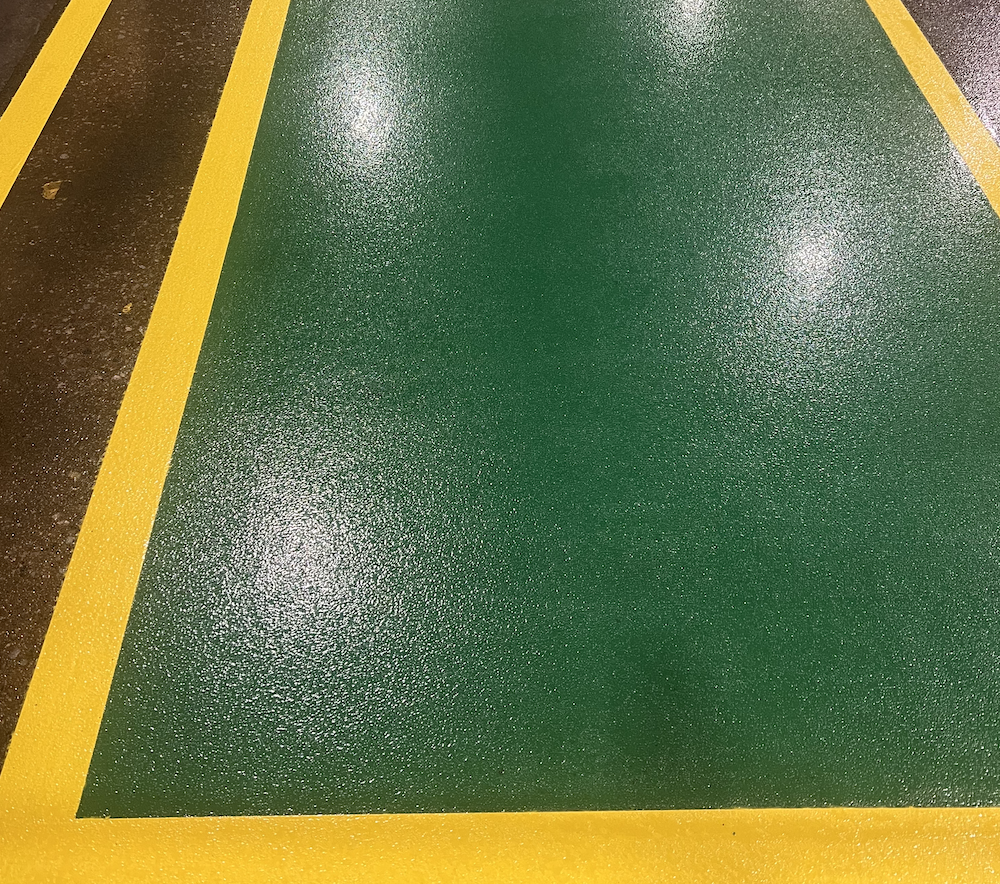
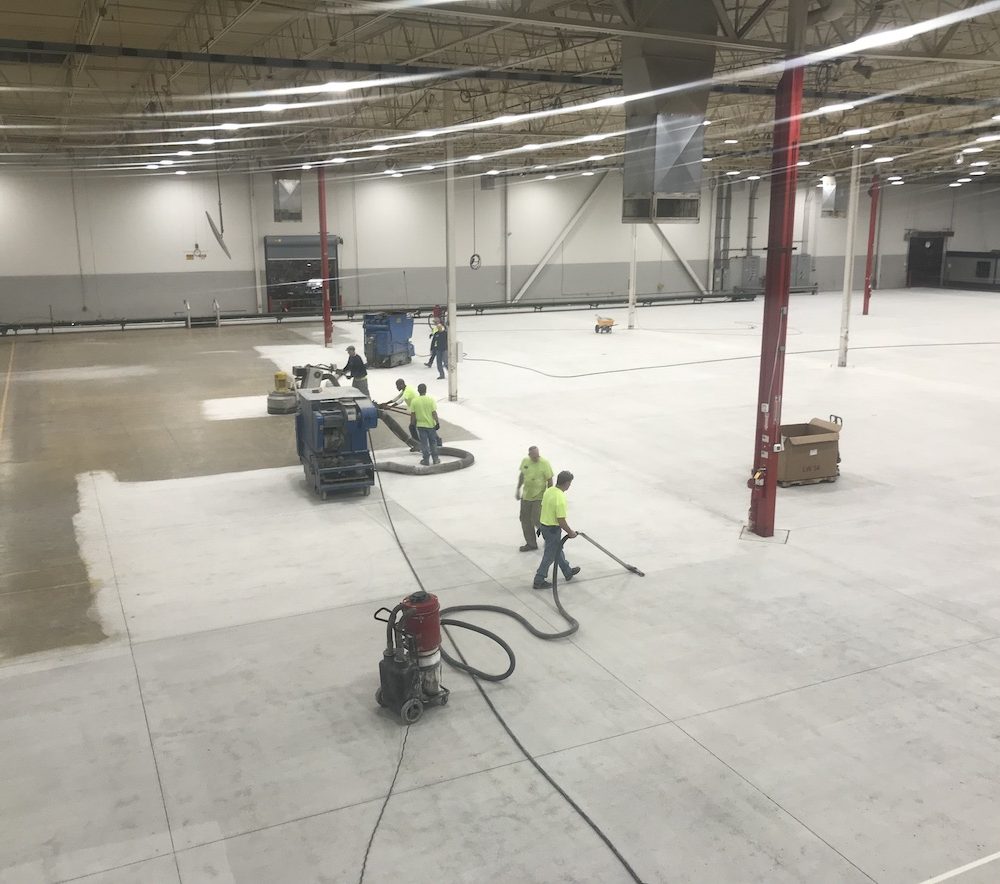
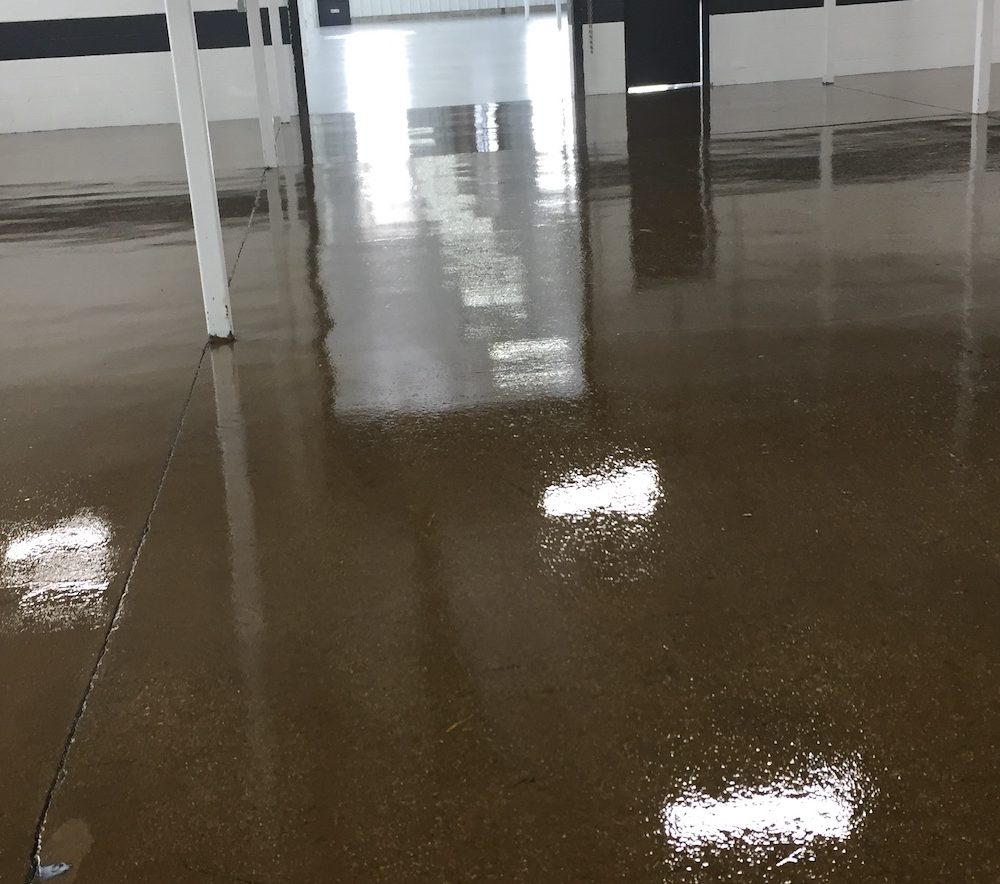
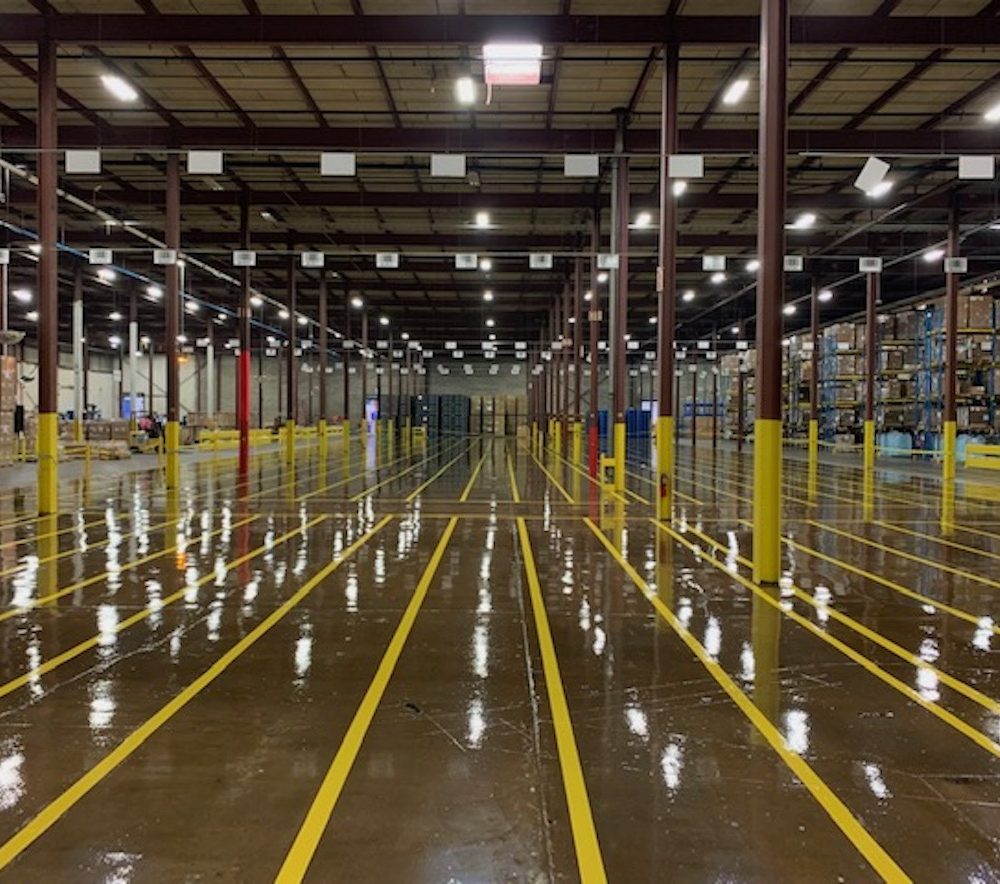
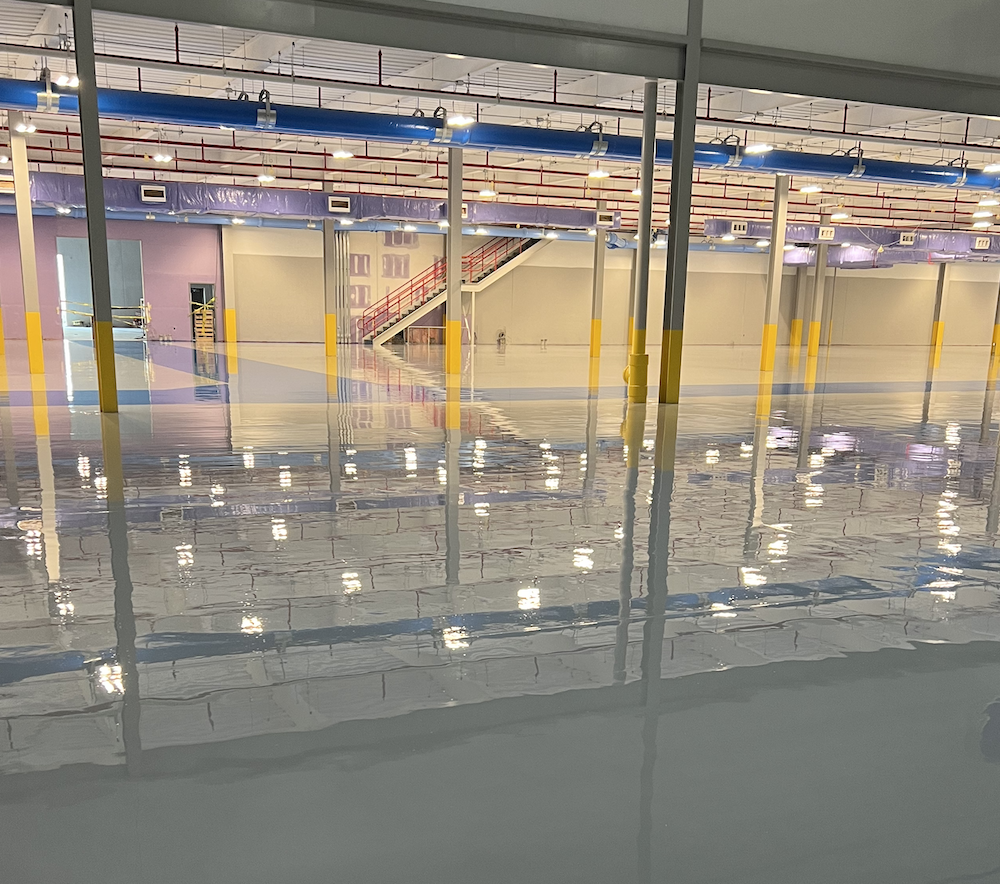
Industries That Need Heat Resistant Epoxy Flooring
Heat-resistant epoxy flooring, such as high temp epoxy coatings, can benefit a wide range of industries and facilities due to their exceptional durability and resistance to high temperatures. Here’s a list of industries that would benefit from the use of such flooring, and a description of why it’s advantageous for each:
- Manufacturing Facilities: Facilities that are used for manufacturing often deal with high-temperature processes like welding and machining. Heat-resistant epoxy floors, such as the most heat-resistant epoxies, can stand up to these extreme temperatures, providing a safe and durable surface for workers and equipment.
- Chemical Processing Plants: Chemical processing plants handle various corrosive chemicals and elevated temperatures. Heat-resistant epoxy flooring can provide chemical resistance and withstand the high temps, ensuring safety and preventing floor damage.
- Aerospace Hangars: Aerospace facilities require floors that can cure quickly and withstand the high temperatures generated during aircraft maintenance and repair. High temp epoxy coatings are ideal for these environments due to their rapid cure times and heat resistance.
- Commercial Kitchens: Most commercial kitchens produce high levels of heat and grease. Heat-resistant epoxy floors are easy to clean, resist staining, and stand up to the demanding conditions of commercial cooking environments.
- Automotive Workshops: Automotive workshops use heavy machinery and often conduct welding or other high-temperature tasks. Heat-resistant epoxy flooring provides a durable and safe surface that can withstand the heat generated in these facilities.
- Foundries: Foundries involve molten metal casting, which generates extreme heat. High temp epoxy coatings are essential in foundries to protect the floors from heat damage, and provide a safe working environment.
- Pharmaceutical Labs: Labs require clean and sterile environments. Heat-resistant epoxy floors are easy to maintain, resist chemicals, and provide a reliable surface for abs where high-temperature processes may occur.
- Food Processing Plants: Food processing plants often deal with hot water, steam, and high-temperature cleaning procedures. Epoxy flooring with heat resistance can withstand these conditions, ensuring hygiene and safety.
- Breweries and Distilleries: Breweries and distilleries use hot water, steam, and boiling processes. High temp epoxy coatings are a must in these facilities in order to protect the floors from temperature-related damage, and to maintain a sanitary environment.
- Power Plants: In power plants, significant heat is often generated, and some areas experience really high-temperature conditions. Heat-resistant epoxy floors are crucial for safety and durability in such facilities.
In these industries, heat-resistant epoxy flooring is a valuable choice because it can stand up to extreme temperatures, provide a safe and durable surface, and resist chemicals and stains. This will contribute to the overall longevity of the facility’s floors.
If your facility requires high temperature epoxy flooring, contact Prime Polymers today for a free consultation.
